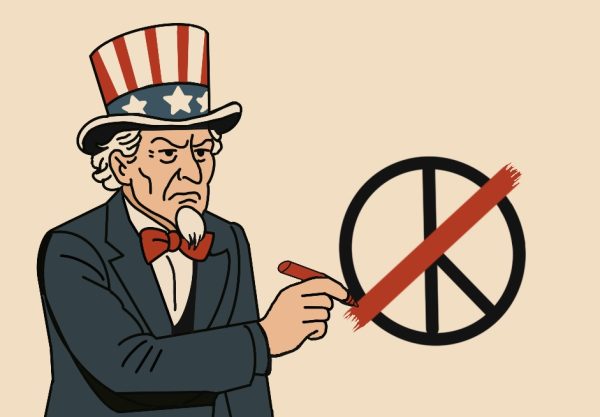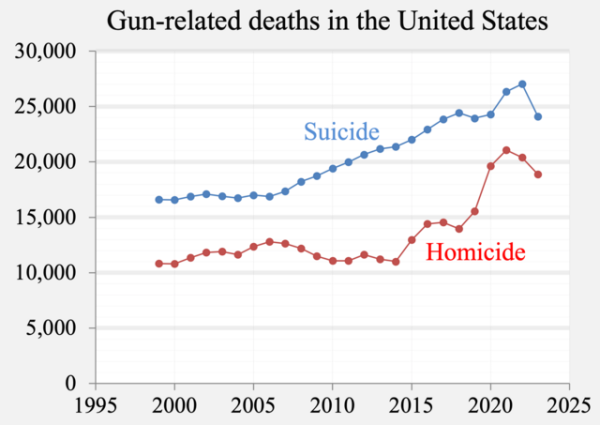Favoritism evident in sports
By Zoey Phillips
They want to be unrivaled. With consistent practice this goal is attainable. The coveted number one in the world spot is something they wish to flaunt, holding their trophies high above their head and their metals proudly on their chest for everyone to see. To be the best of the best, an athlete has to be as close to perfect as humanly possible. The coaches are artists behind the masterpiece that teach athletes to be better at what they do, and this process is called practice. Perfect practice make perfect.
To be perfect, athletes need to know what they are struggling with. Constructive criticism from coaches is most efficient way to acquire recognition for their position at the top. The only problem is that coaches do not distribute their time evenly between team members. Their favorite, usually one of the best, gets all the attention. This means only their favorite improves. The dedicated, hardworking athlete with less strength rarely gets any corrections. It doesn’t matter if someone has more potential than another, because they are overlooked.
I have been overlooked, and the feeling is one of shame and sorrow. I was unlucky enough to injure a tendon in my 6th year of dance. Because of this, I wasn’t able to dance for a portion of the year, but my teacher seemed to think I was choosing to slack off. The reason that I ended up with achilles tendonitis in the first place was because I was going up in my pointe shoes wrong, but my teacher didn’t bother to tell me. I wasn’t her favorite.
Only one girl out of the class of 22 received corrections. She had the perfect ballet body with almost 180 degree turnout and extremely flexible hips and back. In my teacher’s eyes, she had the most potential, so she was given the attention. I felt like I wasn’t ever going to be good enough to earn my teacher’s respect. I was comparing myself to what seemed to be perfection. I hated the feeling and I know from experience how degrading this lack of recognition is.
Now four years later, as one of her favorite students I receive corrections almost every class. She is patient with me and is always willing to answer my questions. Sometimes she even reminds me of the corrections during a combination. I have even grown to like her because she is so hard on me, and throws constructive criticism at me from every angle. Her points help make my practice perfect. However, I can recall the days where I wasn’t noticed, and I know that the time I take with her is taking it away from other dancers.
Then there are the coaches who give the underdogs the attention. This causes the athletes at the top to be bored and develop lazy habits. The underdogs are given the opportunity to improve, and they are pushed to the limits. This doesn’t just mean that the other athletes should sit aside because they think they are better. Instead, the athletes at the top can take matters into their own hands and can push themselves if their coaches are busy. Even so, constructive criticism every now and then gives them something to work towards and is extremely beneficial to everyone.
When an athlete is given more care than another it’s considered favoritism. Any type of favoritism is unfair because a specific group is excluded and the ones in the middle of the pack are usually ignored all together. Coaches need to learn how to divide their time so all athletes have an equal opportunity to achieve greatness. The organizations that run these activities could provide coaches with courses. These courses could help them gain a better understanding of how to balance the different skill levels present in their group of athletes.





